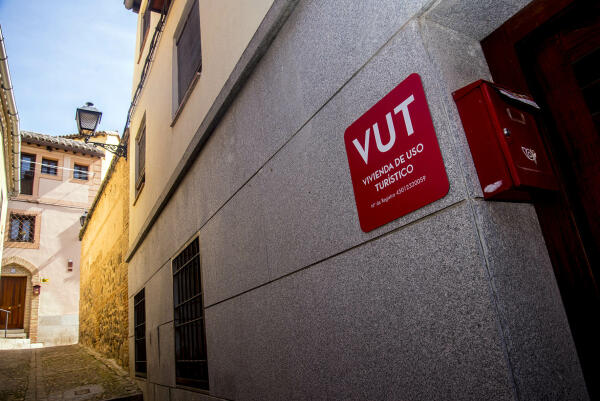The new regulations on traveler registration in Spain
The new regulations have been a cold shower for the sector. And no wonder, since it entails the obligation of exhaustive data collection.
What does the Royal Decree regulate?
Its objective is to regulate the documentary and information registration obligations provided for in the regulations for the protection of public safety for natural or legal persons who carry out, professionally or not, activities of accommodation or rental of motor vehicles without a driver.
It modifies the regulations in force to date in terms of guest registration and communication to authorities for all types of accommodation or tourist establishments in Spain, and therefore, affects the information that must be collected and kept from guests during check-in.
When does it come into force?
Initially, the registration obligations came into force on 04/27/2022 and the communication obligations on December 2, 2024.
What are the registration obligations?
According to Article 5 of the Royal Decree, a computerised register must be kept containing the details of the guests, including the details of minors under 14 years of age. These must be kept for a period of three years from the end of the service.
In addition, the entry forms for the use of the accommodation services must be signed by any person over fourteen years of age who uses them, in accordance with the system and model established. In the case of persons under fourteen years of age, their details will be provided by the adult they are accompanied by.
Please note that the register must be computerised, and not on physical media, and that it is mandatory to collect data from all guests, including minors.
What data must be collected?
The data to be provided in the exercise of the accommodation activity and which the Royal Decree specifies in its Annex I are:
Data of the leasing company
a) Name or company name of the owner.
b) CIF or NIF.
c) Municipality.
d) Province.
e) Landline and/or mobile phone.
f) Email address.
g) Company website.
h) URL to identify the advertisement.
Establishment data
a) Type of establishment.
b) Name.
c) Full address.
d) Postal code.
e) Town and province.
Traveler data
a) Name.
b) First surname.
c) Second surname.
d) Sex.
e) Identity document number.
f) Document support number.
g) Type of document (DNI, passport, TIE).
h) Nationality.
i) Date of birth.
j) Place of habitual residence.– Full address.– Town.– Country.
k) Landline telephone.
l) Mobile telephone.
m) Email.
n) Number of travellers.
o) Relationship between travellers (in the case of minors).
Transaction details
a) Contract details.– Reference number.– Date.– Signatures.
b) Contract execution details.– Date and time of entry.– Date and time of departure.
c) Property details.– Full address.– Number of rooms.– Internet connection (yes/no).
d) Payment details.– Type (cash, credit card, payment platform, transfer, etc.).– Identification of the payment method: type of card and number, IBAN bank account, mobile payment solution, others.– Holder of the payment method– Expiry date of the card.– Date of payment.
What are the communication obligations?
According to Article 6, prior to the start of the activity, the establishment's details must be communicated to the competent authorities at least ten days before the start of the activity.
During the course of the accommodation activity, the travellers' and the transaction's details must be transmitted to the competent authorities. The communication must be made immediately, and in any case within a period of no more than 24 hours, respectively, from the following moments:
a) When making the reservation or formalising the contract or, where appropriate, its cancellation. b) At the start of the contracted services.
Source:
Royal Decree 933/2021, of October 26, establishing the documentary and information registration obligations of natural or legal persons who carry out lodging and motor vehicle rental activities:
https://www.boe.es/eli/es/rd/2021/10/26/933




